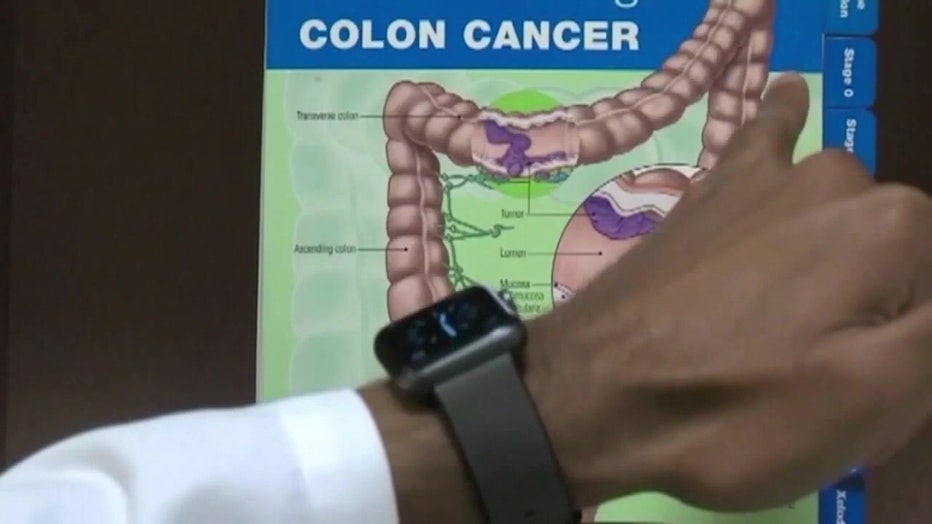Cancer rates increasing among younger people, doctors encourage screenings
TAMPA, Fla. - A new study tracking the incidence of early-onset cancers found an increase in people younger than 50-years-old being diagnosed.
"I think that both doctors and patients alike think that cancer is a diagnosis of old people, and it really is not," said Dr. Pamela Hodul, a Moffitt Surgical Oncologist.
The study published in JAMA Network Open looked at people with early-onset cancer in the US from 2010 to 2019. Gastrointestinal cancers had the fastest growing incidence rates among all early onset cancers increasing by 14.8%.
"It's not uncommon for us to see patients even in their twenties presenting here with these types of gastrointestinal cancer," Hodul said.

Doctors say that younger people getting cancer may be a result of substance abuse issues.
The researchers also found more instances of cancer among people 30-39. The study said the increase is likely associated with obesity as well as changes in the environment. Doctors said this points to the importance of early detection and screening.
"I think a lot of people are afraid of hearing a diagnosis such as cancer, so they avoid getting checked out. The problem is what you have right now is what you're going to have when you have your doctor, and which will only worsen thereafter," Dr. Jaime Sanchez, Colorectal Surgeon with AdventHealth said.
READ: More younger people are receiving cancer diagnoses, study finds — especially this type
Doctors hope this kind of research can help in lowering the age for screenings. It was recently changed from 50 to 45 for a colonoscopy.

Doctors are encouraging people to get screenings.
"That's a huge win for people that are constantly finding patients with new colon cancers. That's a big deal because we know the incidence is increasing. I think that what we would hope for is to look at these data and see if we should further reduce that," Sanchez shared.
The researchers said they hope the data from the study may be useful for the development of surveillance strategies and funding priorities.

